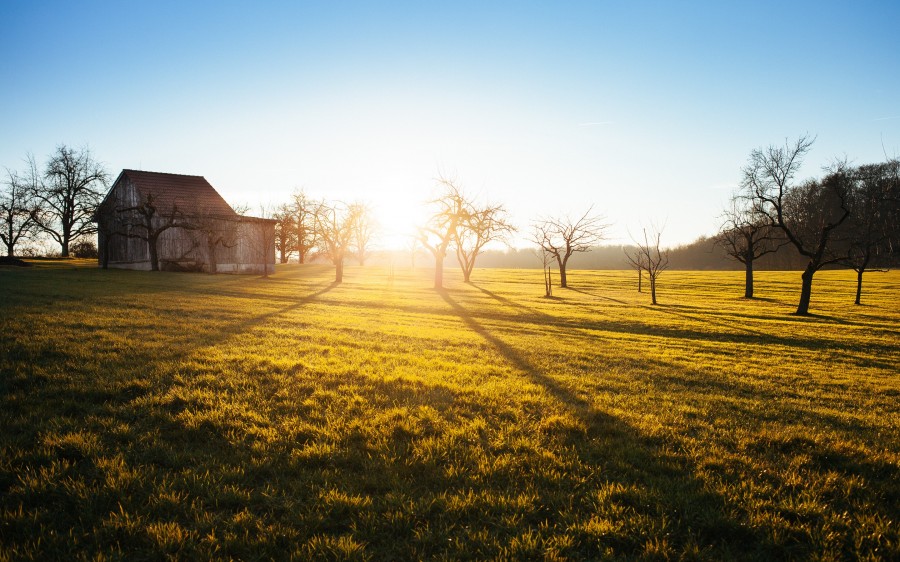Blog
One More Day

By Connie O’Connor, Education Director
At the end of the year I participated in a silent meditation retreat on a rural farm. During breaks I would walk on their beautiful prairie trails, through second-growth forests and oak savannas, feeling the usual gratitude, awe and joy that I feel outside. I saw deer, songbirds, coyote scat and vole trails and thought, “I’m never alone when I’m in nature.” What I tried not to see were the things the landowner probably sees – the non-native invasive species threatening to take over. In some cases, I could see where buckthorn, Russian olive, and honeysuckle had been cut down but grew back; a relentless force. I briefly thought, “This is not my problem; not my land. I can love this walk in nature without feeling responsible for it”.
But in the retreat we learned about the things that cause suffering in our minds including wanting what we cannot have, having what we do not want and being in delusion by refusing to accept the world as it is and wanting it to be something other than it can be. To love the land without accepting responsibility is a form of delusion. It’s just as delusional as loving my dog Bourbon and wanting him to be obedient and committed without putting the time into training, caregiving, vet bills, feeding, cleaning up for him, and being attentive to him. With love comes responsibility, and it’s the same for the land.
It would be a good idea, I think, to give up the delusion that we can enjoy land without serving as stewards for it. Some people believe that nature can take care of itself. They say in the end, perhaps after humans have gone extinct, nature always wins. Others feel it’s hopeless, that we cannot beat back the tide of invasive species and climate change and we might as well stop fighting. Others deny that there is a problem at all.
I know a little bit about prolonging the inevitable. I just turned 50, and I’ve been exercising and eating whole foods so that I could be healthy for this personal landmark. It would be a delusion to think I’ll stay this way – each year I’ll grow older and weaker; eventually I’ll become sick and die. I think about this as I force myself to the gym each time. I think, “What’s the point – I can’t stop the inevitable,” but the point is that most of us would give just about anything for one more day when the end is near. People spend tens of thousands of dollars on cancer drugs that may buy just a few more precious months. How much would you pay for one more hike in your favorite space, one more day of healthy living in a healthy environment?
And so I exercise to forestall the inevitable, to buy myself some more time. Likewise, I work on behalf of the land to forestall what may be inevitable there too. To help slow climate change with its many causes, to slow the relentless takeover of invasive species that are choking out biodiversity and making our forests less resilient, to walk with strangers to provide a little education and inspire them to see themselves as stewards too. This is what is needed to buy a little more time. Maybe, with luck, this extra time might help forests evolve defenses against these invasive species, and might help humans develop technological solutions to our changing climate. Where there is time there is hope.
Humans have contributed to the sped-up process of destabilizing habitat and we each have a role to play if we want to continue enjoying our natural lands. Plants like honeysuckle, lesser celandine, and multiflora rose harm the environment in so many ways. Every landowner can make a difference by planting natives and removing invasive non-native plants, because those pesky plants don’t stay put. Their seeds travel through birds, air, and water, and if they are on your land they will move to your neighbors’ land, to the Nature Center’s land, to everyone’s land. As I continued my walk on the retreat grounds, I felt empathy and appreciation for the landowners who are struggling to do the right thing there. I left a donation in the box along with a note of encouragement: “Thank you for caring for the land. You are not alone.”